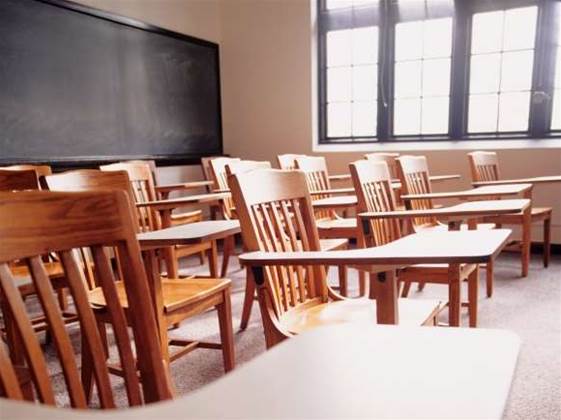
Meanwhile, the information security community has rallied behind Amero, 40, who was convicted on four counts of risk of injury to a minor. In 2004, authorities said, Amero subjected seventh-grade students at Kelly Middle School in Norwich to graphic images.
Amero – who considers herself a poor computer user – has contended the images kept popping up and couldn’t be clicked off, the result of adware and spyware installed on the class computer, which was running expired anti-spyware solutions and the Windows 98 operating system.
But the prosecution contended Amero clicked on the graphic websites and did not prevent the students from seeing the images by simply turning off the computer.
But some in the infosec community see the Amero case as a means to get the mainstream public aware of cybercrime.
Alex Eckelberry, president of Florida based Sunbelt Software, is the unofficial leader of the Amero support team after being alerted to the case from an IT friend who volunteers at a school. Eckelberry has been blogging about the case for several months and has started a mailing list to keep others in the industry posted on the case.
"The more I looked at this, the more (mad) I got," he told SCMagazine.com. "The thing was just silly. Everyone in the tech community can attest that this s*** happens. We were all struck by what we believe is unfair and a miscarriage of justice."
Eckelberry and some other IT security experts are in the process of analyzing the computer’s hard drive. He said the defense team has instructed him not discuss findings until after the sentencing.
"The people who need to be punished are the people producing the spyware software," said Ryan Russell, quality assurance manager at BigFix, who wrote an article on the case for Windows Secrets.
One anti-spyware vendor, Max Secure Software, has pledged to donate its signature solution for free for six months to any kindergarten-through-12th grade school in the United States.
"Whether she is at fault or not, if spyware had never come into the school, this would have never happened," Max Secure CEO Sanjay Predhan said in a statement.





_(22).jpg&h=140&w=231&c=1&s=0)



_(26).jpg&w=100&c=1&s=0)

 iTnews Executive Retreat - Security Leaders Edition
iTnews Executive Retreat - Security Leaders Edition











_(1).jpg&h=140&w=231&c=1&s=0)



